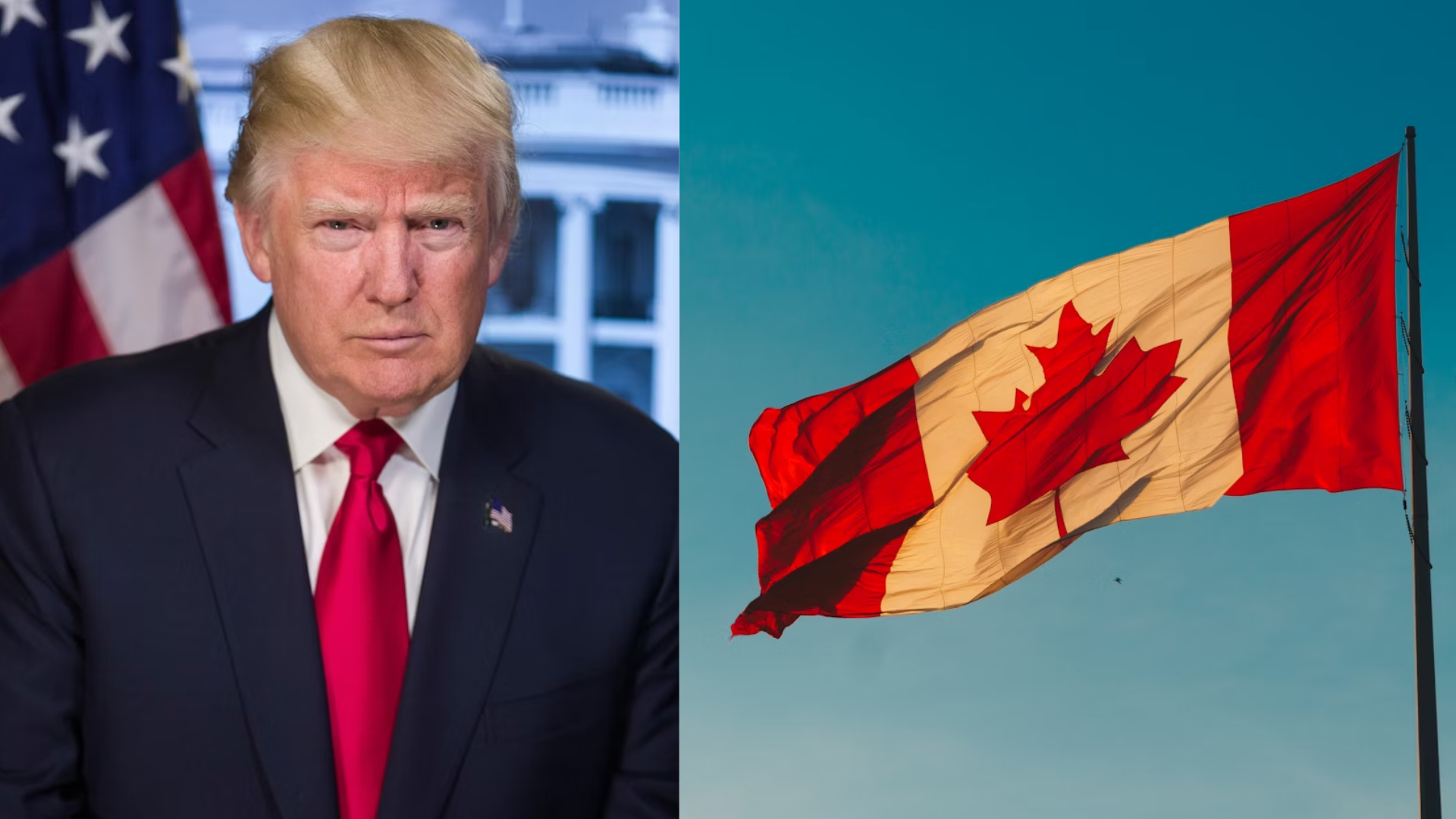Asian stocks fell on Tuesday after former U.S. President Donald Trump proposed a fresh round of tariffs, sparking concerns over escalating trade tensions. The renewed protectionist stance weighed on investor sentiment, prompting broad sell-offs across regional equity markets.
Markets in Japan, South Korea, and China saw declines as traders reacted to the possibility of higher trade barriers that could disrupt supply chains and slow economic growth. Export-heavy industries, particularly technology and manufacturing sectors, bore the brunt of the sell-off, with investors fearing potential retaliatory measures from trading partners.
The latest tariff proposal adds uncertainty to global trade relations, particularly between the U.S. and China, which had seen a period of relative stability in recent years. Analysts warn that a shift toward stricter trade policies could weigh on corporate earnings and economic recovery efforts in Asia, especially in countries reliant on exports to the U.S.
Currency markets also reflected investor caution, with emerging market currencies weakening against the U.S. dollar as traders sought safer assets. Meanwhile, government bond yields in the region edged lower, signaling growing demand for defensive investments amid rising geopolitical risks.
Looking ahead, market participants will closely watch U.S. policy developments, global trade discussions, and central bank responses to assess the potential impact of tariff measures. Any escalation in trade restrictions could prompt further volatility in Asian equities and global supply chains.
For now, investors remain wary, with uncertainty surrounding trade policies adding to existing macroeconomic pressures. Without clearer guidance on future tariff actions, Asian markets may continue to face turbulence in the near term.
















